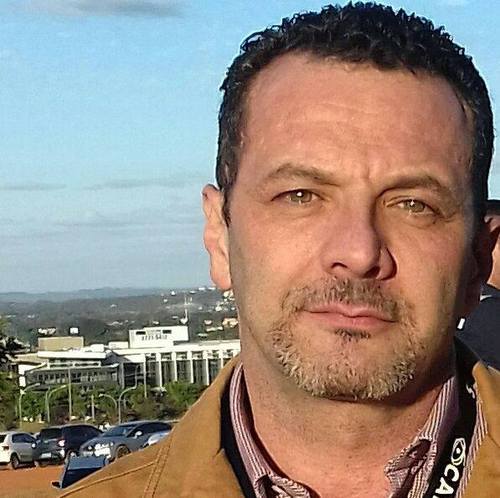São Paulo – Geographer and University of São Paulo (USP) professor Luis Antonio Bittar Venturi will deliver two lectures in Lebanon this week and the next. The holder of master’s and doctorate degrees in Sciences, the Brazilian will speak in academic settings on the geography of South America and the Middle East water issue, which he has addressed previously in research and a book.
Friday, March 23 will see Venturi speak at the Holy Spirit University of Kaslik (USEK), in Jounieh-Kaslik, about the formation of South America. He will explain how historical and particularly geographical issues led to South America’s division into several small, Spanish-speaking countries – formerly under rule of Spain – and one larger country formerly under Portugal’s rule – Brazil.
As for the role played by geography, professor USP professor points out that in Brazil, availability of natural resources like sugarcane, pau-brasil, rubber and other biomass sources led to stronger territorial occupation, thereby giving rise to a big country.
The other South American countries were built primarily around silver and gold mines and mining hubs, and this means they are predominantly urban. “This is why Spanish America is more urban, and this paved the way for revolutionary movements,” Venturi said, adding that this also led to greater fragmentation.
At the USEK, Venturi will cover those and other aspects of how South America came to be, 11 am at the Conference Hall in the Main Campus. The Brazilian geographer was invited by the director of USEK’s Latin American Studies and Cultures Center (LASCC), Roberto Khatlab, after a conversation on the subject. “The coming of professor Venturi enhances our Brazil-Lebanon academic exchange, in like with LASCC-USEK’s goals,” said Khatlab. The lecture will be free of charge.
Venturi will also speak on the water issue on March 26 at the Institute for Strategic & Communication Studies (Isticharia), in Beirut, Lebanon’s capital, to an audience of professors and specialists. Venturi posits that water will not be depleted nor cause a war. He spent four months researching the subject, from December 2010 to April 2011, at Syria’s Damascus University, for his postdoctoral work.
The research done by Venturi in Syria was published in the form of a book in 2016. Água no Oriente Médio – o fluxo da paz looks into the paradigm of water scarcity and conflict, challenging the notion that the former leads to the latter. The author claims that this widespread belief is not supported by scientific, empirical or conceptual bases.
Venturi picked the Middle East because both elements are closely associated in the area. His book demonstrates how resources from the Euphrates river basin are shared by countries such as Turkey, Syria and Iraq, before concluding that this sharing and the existence of technology render the hypothesis of a ‘war for water’ untenable. The Brazilian professor did research in Damascus in partnership with Bahjat Mohammad.
A native of São Paulo, Venturi is the grandson to a Lebanese man, and speaks a bit of Arabic. He is a professor at the USP’s Department of Geography, where he completed his master’s and doctorate degrees. He has published other books besides the one on water in the Middle East. The primary thesis in his books and research work is that there isn’t a water crisis in the world as much as a water management crisis.
Quick facts
USEK: http://www.usek.edu.lb/en/latin-american-studies-and-cultures-center/administration
Isticharia: http://iscslb.com/
Translated by Gabriel Pomerancblum










